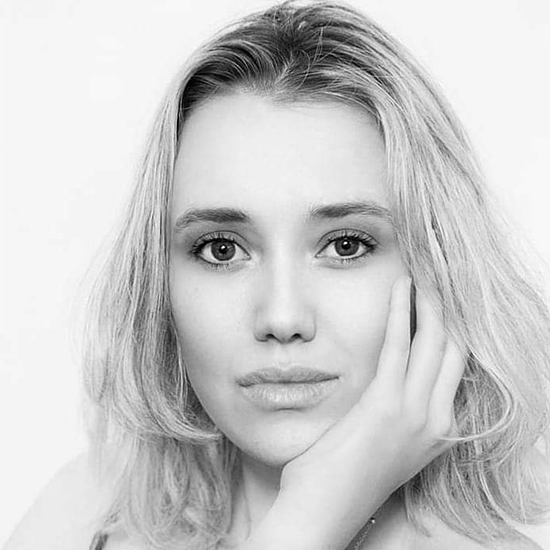When did you first notice you were different from the other kids?
I really felt I was different when I was about 5 years old. One day, my teacher told us to draw ornament figures of the nativity. I couldn’t get a grip of the pen, it felt very unnatural and uncomfortable in my hand. I was obviously really struggling, but I’ve never been one to give up, even way back then; so, I did the best I could with the task (I think I drew stick men). The teacher pulled me up in front of the entire class and humiliated me whilst telling me off because my drawings were in her opinion not up to the mark (whatever mark that was). For the first time in my life, I remember feeling so out of place.
Shortly after the incident, my Mum contacted the school, and I was sent to see the school’s therapist. It was a whirlwind after that, seeing doctors every week and going in and out of child psychologists’ offices. I remember doing all sorts of tests for coordination, balance, and mental health. It was ongoing for years of my early life.
What steps, if any, did your parents take to improve your life and education?
My Mum took me to every doctor appointment and parent meeting; we were always 10 minutes early. She was open and honest with my teachers about my condition, especially in my early education years. My parents never treated me as if I was different and they encouraged me to get involved with different activities. Since I was a very sociable, people person (and still am), they took me to local events, fairs, and play centers so I was always mixing and engaging with other children.
Which steps to improve your life and education worked?
It was and still is about owning who I am; owning what makes me, me. I speak very openly about my condition today and with each new role I take on I communicate with colleagues and coworkers; I let them know from the first meeting. I think being honest with myself and with people who are in my everyday life has improved my life. It takes self-discovery, growth, and finding comfort from within yourself.
When I went on my first date with my now partner, I told him on that night, with a vodka in hand (joking!). It felt right for me to do so and 3 years later, I’m so glad I did. The past 6 years of my life have been the most monumental, crazy, heartbreaking and amazing years of my life so far. It takes time to truly find yourself and know who you are and that is my ethos today.
What steps do you take every day to moderate your condition and performance in the world?
I speak openly about my life with Dyspraxia today. I’ve spent many years owning who I am and learning and growing each day. Communication is key, especially with coworkers and with new people I meet. I believe my condition makes me who I am. I write about it in my work, I talk about the condition on the radio, on podcasts and in my everyday life.
Do you believe that either the condition or the work to moderate it has offered you special gifts or insight?
I believe who I am today is the person I was always meant to be. Dyspraxia is a vital part of me, my DNA, and my footprint on the world. I feel very proud to use my voice as an advocate for Dyspraxia. I’ve achieved so much in my life already and there’s much more I’m going to do. If my story can help or inspire another person then that is powerful beyond the universe. Dyspraxia doesn’t define me or prevent me from living and pursuing what I want to do in life, it’s my armor and what makes me, me.
What’s one thing you wish those without Dyspraxia could understand about us?
Dyspraxia is a real condition, a neurological disorder we can’t see. We should never judge just because a person may have a different method of learning or a different rhythm. Patience and understanding are key; we all get there eventually. We all don’t have to boogie to the same beat, and I think that’s beautiful.
Having a hidden neurological disorder, what’s one sentence of advice you would give to those just starting their professional, artistic, or educational journey?
Be exactly who you are, always speak up for yourself, don’t hide away from asking questions and don’t dim your sparkle for anybody or anything dahling!


